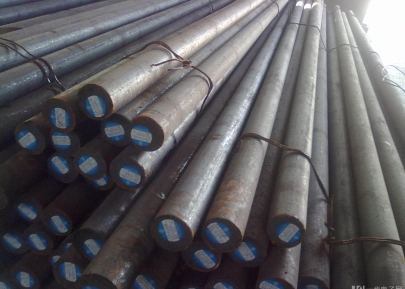Unlocking the Potential of Die Base: The Essential Role of Copper Bars in Modern Manufacturing
In today’s fast-paced manufacturing environment, understanding the materials that drive efficiency and effectiveness is crucial. One such component, often overlooked, is the die base. When discussing die bases, the significance of copper bars, particularly bare bright copper, cannot be understated. This article delves into the essential role that copper bars play in modern manufacturing.
Understanding Die Bases
Die bases serve as a critical starting point in various manufacturing processes. They support the molds used in die casting or stamping. By ensuring the right structure, manufacturers increase productivity and maintain quality. Die bases are typically made from durable materials that can withstand high pressures, and when copper bars are integrated into their design, the performance can improve dramatically.
The Importance of Copper Bars in Manufacturing
Copper bars bring a unique set of benefits to die bases that enhance their overall functionality:
- Excellent Conductivity: Copper is known for its superior electrical and thermal conductivity. This property allows for quick heat dissipation, reducing the risk of overheating and ensuring a more stable operation.
- Strength and Durability: Copper bars add to the structural integrity of die bases. Their strength helps maintain the shape and durability of the mold through repetitive use.
- Corrosion Resistance: Unlike other materials, copper resists corrosion effectively, which is crucial in manufacturing environments where exposure to various chemicals occurs.
Types of Copper Bars
When it comes to copper bars used in die bases, bare bright copper is a popular choice. This type of copper is recognized for its high purity and excellent conductivity.
| Type of Copper Bar | Key Features |
|---|---|
| Bare Bright Copper | High purity, great conductivity, and corrosion resistance. |
| Strip Copper | Used for flexible applications, good for electroplating. |
| Copper Rod | Versatile for various manufacturing processes, strong and durable. |
How to Remove Base Moulding
In another aspect of die bases, understanding how to properly manage the removal of base moulding is essential. When adjustments or replacements are needed, following these steps may help:
- Use a proper pry tool to gently lift the base moulding.
- Be cautious of any nails or fasteners; they can damage the die base if not handled correctly.
- Consider replacing with a new die base if significant wear is noted.
Frequently Asked Questions (FAQ)
Q1: What are die bases made of?
A1: Die bases are typically made from metal or other durable materials that can withstand high pressures during manufacturing processes.
Q2: Why is copper preferred in manufacturing die bases?
A2: Copper is preferred for its excellent conductivity, corrosion resistance, and structural strength.
Q3: How can I tell if my base moulding needs to be replaced?
A3: Signs include visible wear, cracks, or inability to maintain proper temperature during operations.
Conclusion
In conclusion, understanding the significance of die bases and the role of copper bars—especially bare bright copper—is vital for modern manufacturing success. Their properties enhance the functionality and lifespan of die bases, ensuring efficient operations. Whether you are involved in die casting or stamping, paying attention to these details can make a substantial difference in manufacturing quality and output.



